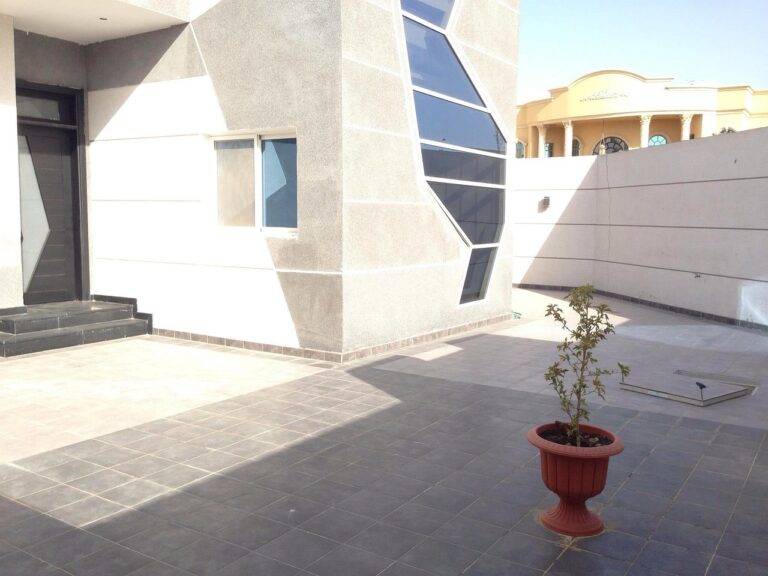Tips for Upgrading Your Home’s Plumbing
One key sign that your plumbing system may be in need of an upgrade is frequent clogs and slow drainage. If you find yourself constantly dealing with blocked drains or if water is taking longer than usual to drain from sinks, showers, or tubs, it could be an indication that your pipes are old or deteriorating. Ignoring these issues could lead to more severe problems down the line, so it’s important to address them promptly.
Another red flag to watch out for is low water pressure throughout your home. If you are experiencing weak water flow from faucets, showers, or toilets, it could be a sign of underlying issues within your plumbing system. This could be due to mineral buildup, leaks, or other issues that may require a professional assessment to determine the best course of action for upgrading your plumbing system.
Assessing Your Current Plumbing System
When evaluating the efficiency of your current plumbing system, it’s essential to pay attention to any signs of wear and tear. Check for leaking pipes, water stains, or unusual noises coming from the plumbing fixtures. These could indicate potential issues that need to be addressed promptly to prevent further damage.
Additionally, assess the water pressure in your faucets and showers. Inconsistent or low water pressure may signify underlying problems such as clogged pipes or a failing water heater. Monitoring the water quality is also crucial as any discoloration or strange odor could point towards corrosion or contamination within the system. Regularly inspecting these aspects of your plumbing system can help in identifying problems early on and avoiding costly repairs in the future.
How can I tell if my plumbing system needs an upgrade?
Signs that your plumbing system needs an upgrade include frequent leaks, low water pressure, slow draining sinks or toilets, and outdated plumbing fixtures.
What are some common problems that can arise in a plumbing system?
Common problems in a plumbing system include clogged drains, leaky pipes, running toilets, and water heater issues.
How often should I have my plumbing system inspected?
It is recommended to have your plumbing system inspected at least once a year to catch any potential issues before they become major problems.
What are some ways to maintain a healthy plumbing system?
To maintain a healthy plumbing system, you should avoid flushing non-flushable items down the toilet, use a drain strainer to prevent clogs, and regularly check for leaks or drips.
How can I find a reliable plumber to assess my plumbing system?
You can find a reliable plumber by asking for recommendations from friends and family, checking online reviews, and ensuring the plumber is licensed and insured.






